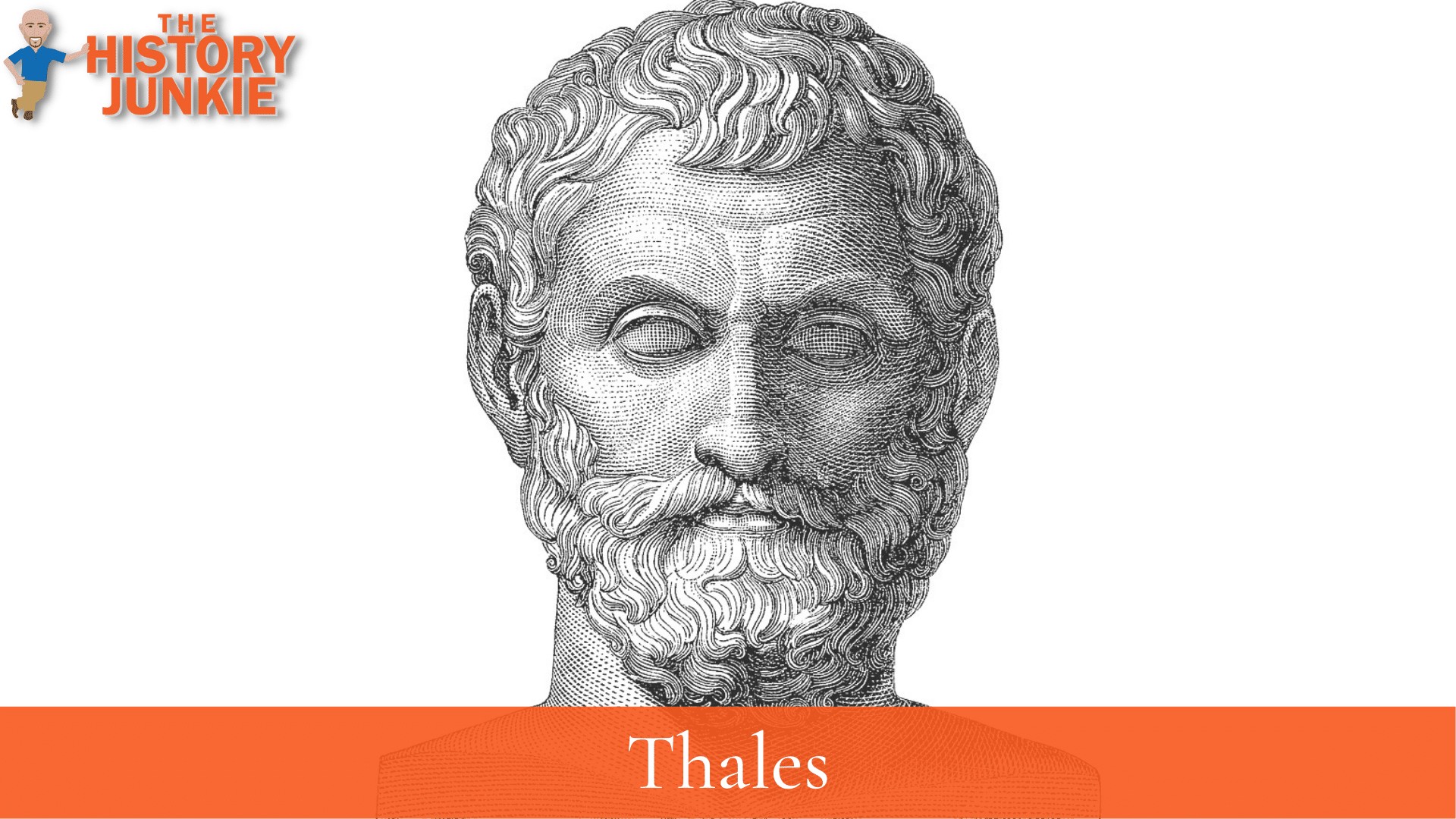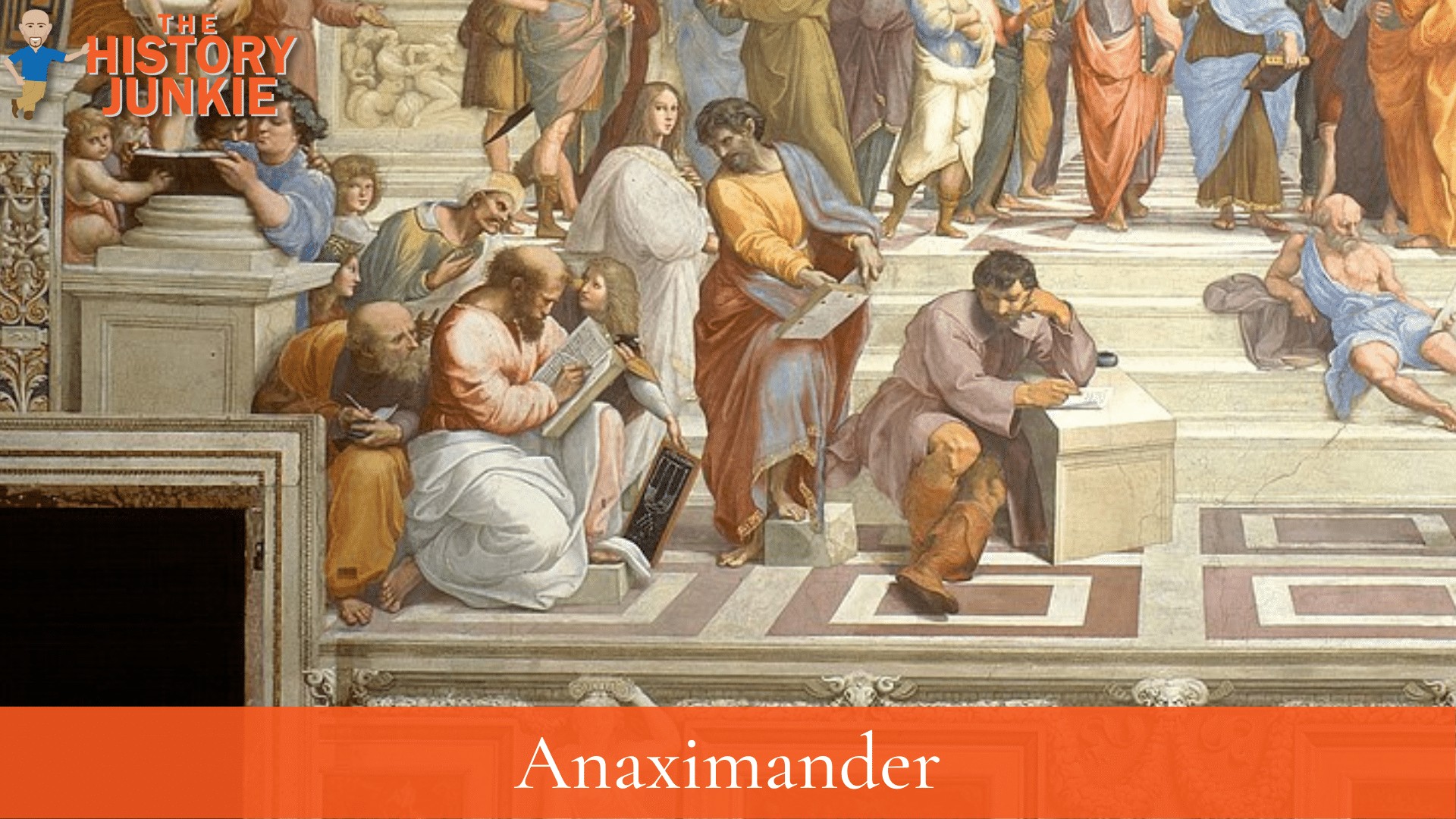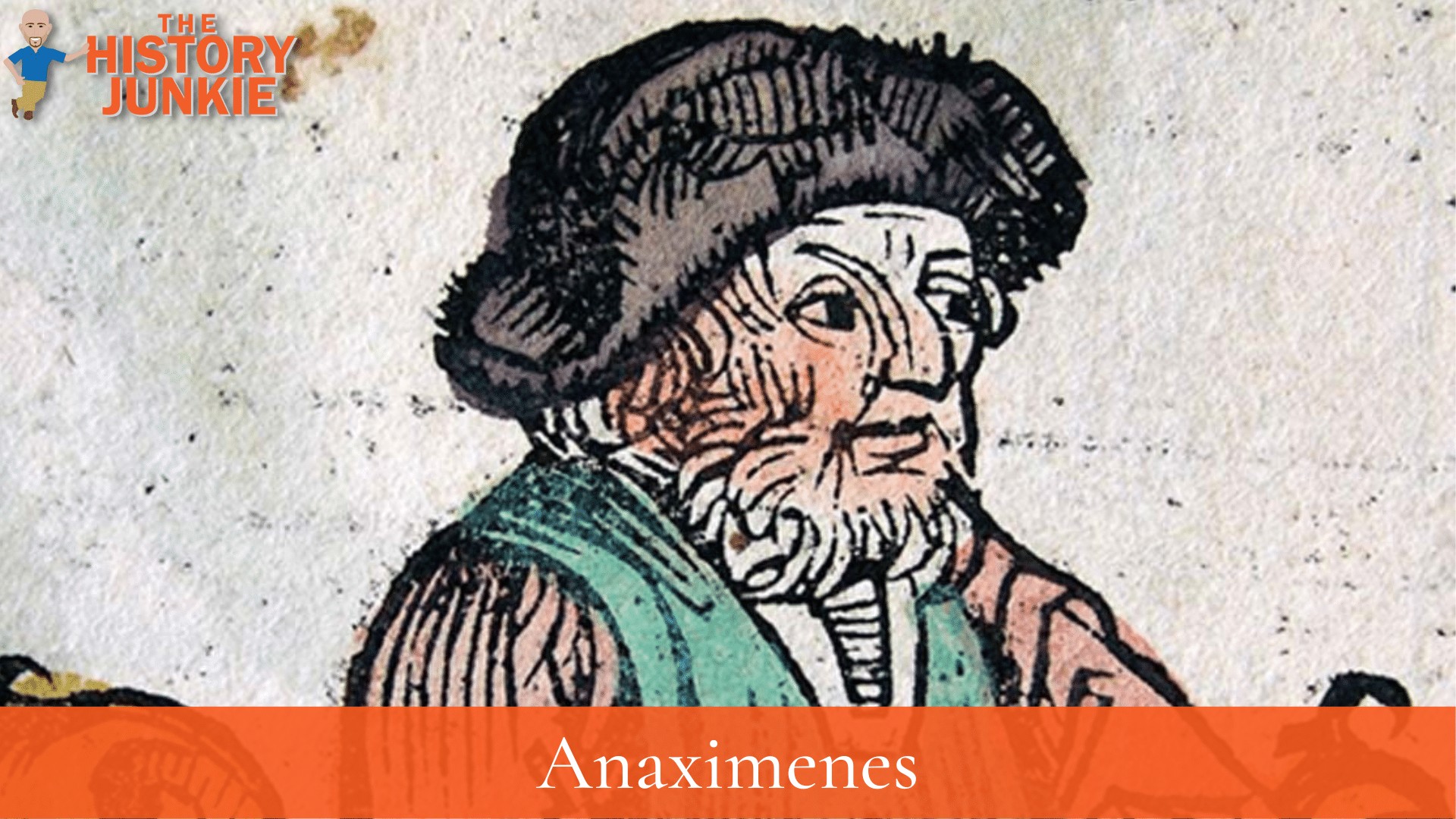Who are Ionian Philosophers, and where did they come from?

Ionia is known to be the birthplace of Western philosophy. Since philosophy is tied to the Greeks, it is almost assumed that the Ionians were Greeks, which is true but not completely.
Ionia was part of the Persian Empire and located east of mainland Greece.
It consisted of the northernmost territories of the Ionian League of Greek settlements. Never a unified state, it was named after the Ionian tribe who, in the Archaic Period, settled mainly on the shores and islands of the Aegean Sea.
Ionian states were identified by tradition and by their use of Eastern Greek.
The philosophers that came from Ionia are known as presocratic philosophers because they were alive prior to Socrates.
While there were more than four Ionian Philosophers, I am only going to name the four I believe are the most important.
The Ionian Philosophers were corporeal monists, which means that they believed everything could be reduced down to one element.
#1. Thales

Thales is considered the first of the Ionian Philosophers.
Prior to Thales, the weather was often explained by mythology. Thales would break away from that tradition and sought to explain the world and the universe through science and various theories.
This breakaway from mythology was significant and somewhat radical.
Aristotle regarded him as the founder of the Ionian School of philosophy and reported Thales' hypothesis that the originating principle of nature and the nature of matter was a single material substance: water.
Thales was also one of the first to use geometry in a practical sense and would calculate the distance of ships off the shores or the size of the pyramids.
According to Herodotus, Thales predicted the solar eclipse of May 28, 585 BC. Thales also described the position of Ursa Minor, and he thought the constellation might be useful as a guide for navigation at sea.
He calculated the duration of the year and the timings of the equinoxes and solstices.
#2. Anaximander

Anaximander was an early proponent of science and tried to observe and explain different aspects of the universe, with a particular interest in its origins, claiming that nature is ruled by laws, just like human societies, and anything that disturbs the balance of nature does not last long.
Like many thinkers of his time, Anaximander's philosophy included contributions to many disciplines. In astronomy, he attempted to describe the mechanics of celestial bodies in relation to the Earth.
In his religious beliefs, he was a monotheist. A monotheist was rare during this time as many religions were pantheistic.
In physics, his postulation that the indefinite was the source of all things led Greek philosophy to a new level of conceptual abstraction.
His knowledge of geometry allowed him to introduce the gnomon in Greece. He created a map of the world that contributed greatly to the advancement of geography.
He was also involved in the politics of Miletus and was sent as a leader in one of its colonies.
#3. Anaximenes

Anaximenes is best known and identified as a younger friend or student of Anaximander, who was himself taught by the first philosopher, Thales.
Each developed a distinct cosmology without completely rejecting their predecessor's views.
Each was a material monist who sought to discover the arche, the one underlying physical yet divine basis of everything.
Thales proposed all was made of water; Anaximander proposed all was made of Apeiron or something indefinite rather than something specific, and Anaximenes proposed all was made of air, or literally are, which may also include mist or vapor.
More condensed air made for colder, denser objects, and more rarefied air made for hotter, lighter objects.
#4. Heraclitus

Heraclitus believed the world is ultimately made of fire. He also believed in a unity of opposites and harmony in the world.
He was most famous for his insistence on ever-present change - known in philosophy as "flux" or "becoming" or impermanence - as the characteristic feature of the world, an idea expressed in the sayings, "No man ever steps in the same river twice."
His use of fire may have been a metaphor for change. This changing aspect of his philosophy is contrasted with that of the ancient philosopher Parmenides, who believed in "being" and the static nature of the universe.
Both Heraclitus and Parmenides had an influence on Plato, who went on to influence all of Western philosophy.
Heraclitus also came up with the term Logos. The term Logos would become an important word used in the New Testament.
